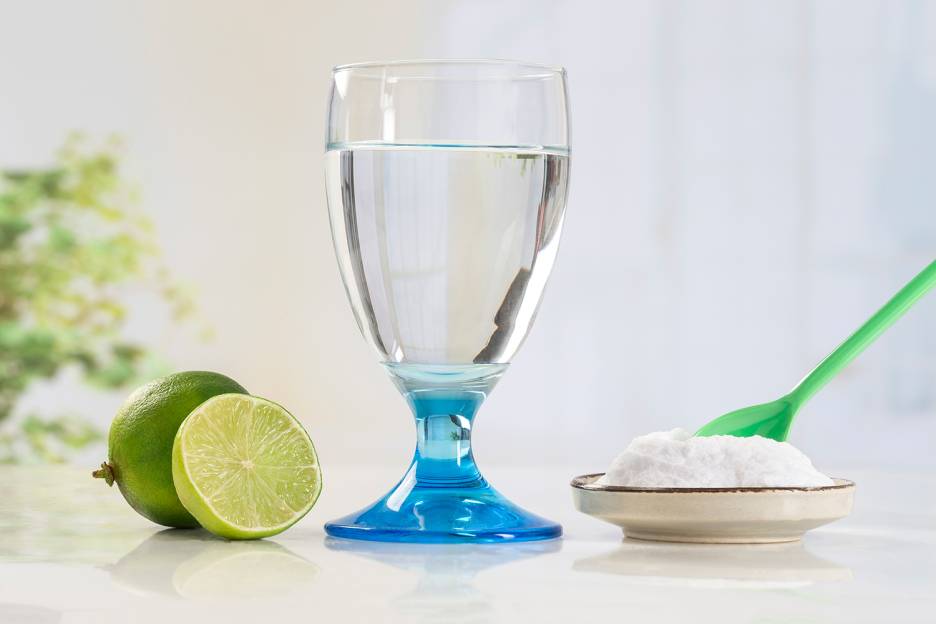
Monday – Friday: 10am – 7pm
Saturday: 10am – 6pm
Sunday: 1pm – 6pm

Heartburn—that burning sensation in your chest after you’ve eaten or when you lie down—happens to most of us now and then. It’s uncomfortable, but an infrequent case isn’t cause for concern. You can treat it with an over-the-counter antacid, but consider these natural alternatives too.
Heartburn is a symptom of acid reflux, which happens when food in your stomach flows back up into your esophagus. It’s caused when the sphincter muscle at the bottom of the esophagus doesn’t properly close.
A few simple adjustments may be all you need to avoid heartburn. Try putting blocks under your bed’s headboard to elevate it. If you’re lying down, sit up. Your symptoms will likely fade. If it’s the middle of the night, prop up your upper body with pillows or a wedge.
A good way to figure out which foods may be contributing to your heartburn symptoms is to record what you eat, when you eat it, and whether you have heartburn each day. Foods that are frequent culprits are coffee, chocolate, citrus fruits and juice, garlic, onions, tomatoes, and fatty, fried, spicy, and salty items.
There are lots of natural ways to deal with the symptoms of heartburn. Try one or more to see if they work for you.
Stir a teaspoon of baking soda into 8 ounces of water and drink it. The soda neutralizes stomach acid.
A cup of chamomile tea 30 minutes to an hour before bedtime can ward off nighttime heartburn.
Some fruits act as natural antacids. If you’re experiencing heartburn, eat a banana or apple or snack on honeydew, cantaloupe, or watermelon.
Ginger is used for gastrointestinal relief; it may work because of anti-inflammatory properties that can alleviate esophageal swelling and irritation. Don’t overdo it, though: too much ginger can cause heartburn!
Chew a piece of sugar-free gum for a half hour after eating. It will stimulate your salivary glands to increase saliva, which helps wash away acid.
Herbs that some people have found to be effective include peppermint oil, caraway, garden angelica, German chamomile flower, licorice root, lemon balm, milk thistle, and turmeric.
Try a teaspoon of mustard if you’re experiencing acid reflux or feel it coming on. It neutralizes stomach acid.
Supplements were effective in two studies on acid reflux.
In one, 100 percent of participants reported that their symptoms went away after 40 days of taking a supplement containing vitamins B6, B9, and B12 plus L-tryptophan, methionine, betaine, and melatonin.
The second study found that vitamins A, C, and E—in food and through supplements—might help prevent the condition.